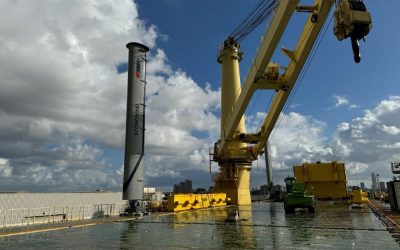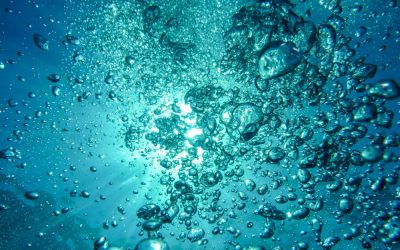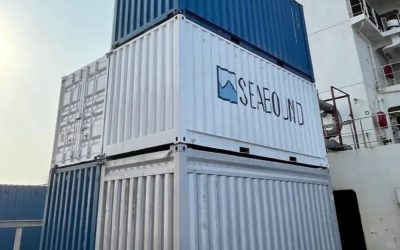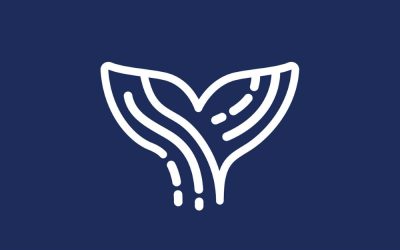Italian classification society RINA believes that remote survey systems and technology are becoming an established and accepted part of the inspection and survey regimes adopted in the shipping industry
The classification society RINA believes that remote survey systems and technology are becoming an established and accepted part of the inspection and survey regimes adopted in the shipping industry
RINA was one of the first to offer customers the option of remote inspections and surveys. Moreover, the society stepped up the pace of its delivery of such services to be able to continue to ensure vessels remained safe during the pandemic.
At one point during Covid around 25% of all surveys and inspections carried out on RINA classed vessels were undertaken remotely. Since the pandemic has eased, this level has fallen, but even so over 5% of surveys are still being carried out on a remote basis.
Konstantinos Papalexopoulos, director, marine, Southern Europe and Africa, says, “Remote surveying hasn’t stopped with the ending of the Covid threat. RINA has continued to invest to develop digital solutions and support remote activity. We very much see this as the future for the way we carry out onboard inspections and survey work.”
He continues, “While remote survey demand has tapered off, remote surveys are still a very useful tool, allowing us to go where it is difficult to go onboard and to do so safely. They also avoid the need for travelling, which means we can respond more quickly and with less cost.”
There are some limits to remove surveying, including the reliability of internet connectivity. Papalexopoulos says, “Remote survey technology has matured and drones, ROVs and other technology are here to stay. But there are still some steps to take before remote surveying becomes the norm.”
A recent example of RINA making good use of remote surveying digital tools involved a vessel that had suffered a collision off the coast of India. It was not possible for RINA engineers to get onboard, but with the cooperation of the flag administration, RINA was able to carry out a remote survey using live streaming technology. “We were able to ensure that the vessel was safe to sail to a shipyard for repairs,” said Papalexopoulos. “This was an excellent example of how remote surveys can enable a vessel to continue to sail safely.”
One of the most important recent digital developments from RINA is its new Leonardo Fleet software which is used to collect data from vessels’ equipment and onboard systems. Papalexopoulos observes, ”This software is able to provide live feedback about a vessel’s status and allows us to plan for physical surveys in a way that adds value. The first modules of Leonardo Fleet are now in operation, providing information to our fleet operating centres, with several more modules under development as well. So far it has been very well received both internally and externally.”
Papalexopoulos sees Leonardo Fleet as the basis for what he describes as ‘Class 2.0’. He says, “Surveys will be done in a very different way in the future; not just once a year but based on a proactive approach where we can look specifically at items of interest on a continuing basis. Leonardo Fleet is going to be a very useful tool, helping us a lot in the future, especially in monitoring specific parts of a vessel.”
Looking forward, RINA expects to make greater use of Artificial Intelligence (AI) including damage recognition software that will feed back data to control centres directly and automatically. “This is the future – it won’t be tomorrow, but it is coming, “says Papalexopoulos.
Earlier this year the International Association of Classification Societies (IACS) issued uniform guidance and requirements on remote surveys in the form of Unified Requirement UR Z29. This has been developed to deliver the core objective that “a remote survey will only be appropriate when the survey is carried out without compromising the quality and results of such survey, providing the same level of assurance as those performed by a surveyor attending onboard the vessel.” To achieve this goal, IACS has developed a set of principles to ensure equivalency between remote survey and traditional survey and to strike a balance between remote surveys and physical attendance to ensure the sustainability and robustness of the current classification and statutory systems.
Papalexopoulos welcomes this development. He says “This is a big step forward and shows that remote surveys are here to stay. The new unified requirements from IACS provides a much needed framework that will give all stakeholders more confidence that this technology is the way forward.”






